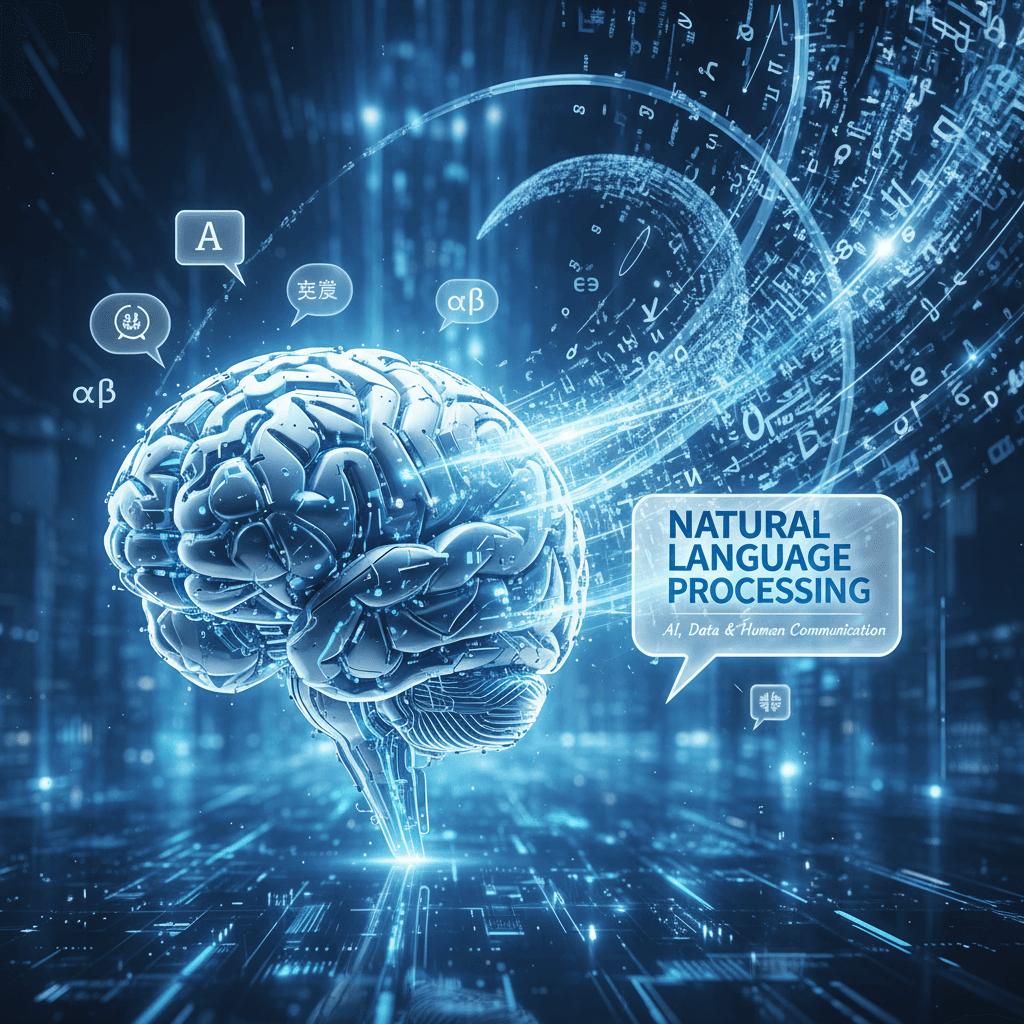Natural Language Processing (NLP)
Natural Language Processing (NLP) is one of the fastest-growing fields in artificial intelligence. It bridges the gap between human communication and computer understanding, enabling machines to interpret, process, and generate human language with increasing accuracy. From chatbots and translation tools to search engines and voice assistants, NLP is transforming the way we interact with technology.
Why NLP Matters
Language is the foundation of human communication. By teaching machines to understand context, emotion, and intent, NLP makes human-computer interaction more natural and intuitive. This allows businesses to streamline customer support, researchers to analyze massive datasets, and individuals to access information faster and more effectively.
Key Innovations in NLP
- Multilingual AI Models: Next-generation language models can process dozens of languages simultaneously, improving translation quality and enabling global communication.
- Real-Time Speech-to-Text & Text-to-Speech: Advances in automatic speech recognition (ASR) and voice synthesis allow seamless communication in meetings, accessibility for people with hearing impairments, and faster transcription.
- Context-Aware Summarization: AI-powered summarizers can condense long articles, reports, or conversations into concise summaries that preserve meaning, saving time and improving knowledge sharing.
- Sentiment and Emotion Analysis: Businesses leverage NLP to understand customer opinions in reviews, feedback, and social media posts, driving better decision-making.
Challenges in NLP
Despite remarkable progress, NLP still faces limitations:
- Bias in Training Data: AI models can inherit stereotypes or inaccuracies from the text they learn from.
- Complex Contexts: Humor, sarcasm, and cultural nuances remain difficult for machines to fully understand.
- Data Privacy: Voice and text data must be handled securely to ensure user trust.
Future of NLP
As NLP continues to evolve, expect systems that are not just responsive but also empathetic. From healthcare assistants that understand patient needs to personalized education tools, the applications of NLP will reshape how humans and machines collaborate. The ultimate goal is true natural communication—where talking to a computer feels as easy as talking to a friend.
Natural Language Processing is no longer just a technical tool; it is becoming the core of a smarter, more connected digital future.
